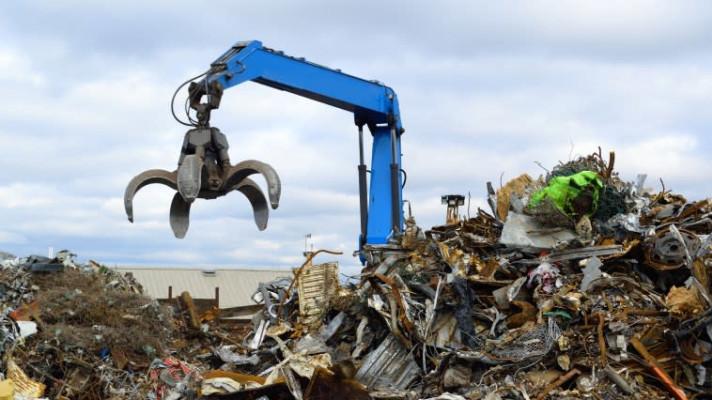EU TAKES TIMID STEPS TOWARDS CIRCULAR ECONOMY DESPITE SLASHED TARGETS
EU institutions and member states reached a compromise last month to boost recycling rates and prevent waste. But will it be enough for Europe to fully transition to a circular economy?
The European Parliament and Commission reached an agreement with member states to boost crucial waste laws that are necessary to transition to a circular economy, where waste is prevented and products recycled or reused.
EU policy makers have made the circular economy a priority ever since the European Commission published its first circular economy strategy in 2014.
Member states will now be required to recycle at least 55% of their municipal waste by 2025, 60% by 2030 and 65% by 2035.
Currently, on average, less than 50% of waste in the EU is recycled. But policy analysts said that the new targets will be attainable thanks to other measures that were approved this week.
These include a 10% cap on landfill by 2035, mandatory separate collection of biowaste and stricter schemes to make producers pay for the collection of key recyclables, known as extended producer responsibility.
NGOs have largely welcomed the new laws, but regretted that countries slashed almost all of the original targets proposed by the EU institutions.
The agreed recycling targets are less ambitious than the 70% by 2030 proposed by the European Parliament, and the 65% by 2030 championed by the Commission.
Proposed measures for the prevention of waste, which include a separate target for preparation for reuse, were also taken out of the legislative text.

Piotr Barczak, waste policy officer at the EEB said:
"This is not the outcome we all hoped for, but it is nonetheless a significant improvement compared with the laws that are currently in place.
Now member states and EU institutions need to build on this decision to fully transition to a circular economy."
According to Enzo Favoino, Chair of the Zero Waste Europe Scientific Committee, the new deal empowers regions and municipalities, giving them the opportunity to take the lead. He said:
"[The new deal] is less than we hoped for, but more than we feared."
He added:
"[...] While policy making is fundamental to make it possible and viable, it is at local level that we make it happen."
The European Commission estimated that a 65% recycling target to be achieved by 2030 could result in 580,000 new green jobs and save businesses across the EU over EUR72 billion a year.
Figures for job creation could go up to 867,000 if, on top of recycling, the waste directive included better policies for reuse, a report by the EEB found.
The new laws will come into force in the beginning of 2018 and will need to be transposed into national legislation within 24 months from that moment.
See here if you want to know more about the outcome of the negotiations and each member state's position.
"This story first appeared on the EEB news channel METAmag.org and you can see it by clicking here"
